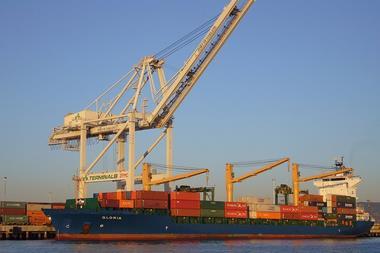Gäetan Lefèvre, president of the Belgian Risk Management Association (Belrim) tells StrategicRISK about the challenges the Benelux countries face

1 What do you see as the main challenges facing risk managers working in Benelux?
Benelux is not really any different to other European company. But certainly they need better access to cash. There are also cyber risks, supply chain risks, and risks in people management with a focus on competencies.
2 How do the challenges differ for multinationals and small to medium enterprises (SMEs)?
There are no major changes in terms of risks. The main differences are linked to the size of the company and their sensitivity concerning risks. Generally, SMEs are more and more active in a ‘niche’ activity within international business.
3 How seriously do companies in Benelux take risk management? Are they doing enough?
Due to the different types and sizes of company, it is difficult to assess the level of maturity. But, judging by the results of the last benchmarking survey conducted by the Federation of European Risk Management Associations (Ferma) on this topic, the trends is positive.
4 If you think they should be doing more, what recommendations would you make?
In a big company, the different risk functions generally need a minimum of co-ordination. If the different risk functions do not work ‘in silos’ any more, then a full co-ordination of the different risk functions appears more as a best practice than a ‘usual standard’. In other companies, the person in charge of risk management needs to continue to develop the fi rm’s sensitivity in regard to risks by using existing examples inside the company as incident or best practices. But the success of this approach needs to be supported by senior management.
5 Are you happy with the way risk management is treated in business schools? If not, what recommendations would you make?
You need to distinguish between two approaches to risk management. On the one hand there is financial risk management, which is treated by major business schools where the teaching is imposed by the regulator. Secondly, non-financial risk management, which is only approached by some schools. [I believe] it is a priority for Belrim to enhance education in risk management in Belgium, and also a priority to make public what training exists; we are also involved into Ferma’s project of certification. I also believe that certification at EU level for risk managers would benefit the wider recognition of both risk managers and their role within businesses.
Lefèvre also identifies five ways risk managers can add value to businesses in Benelux in the full interview published in May’s issue of StrategicRISK




















No comments yet